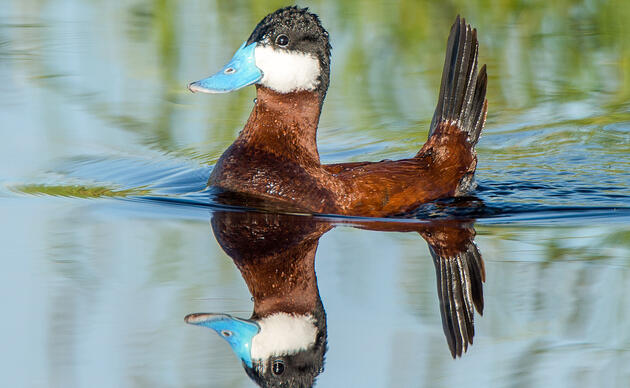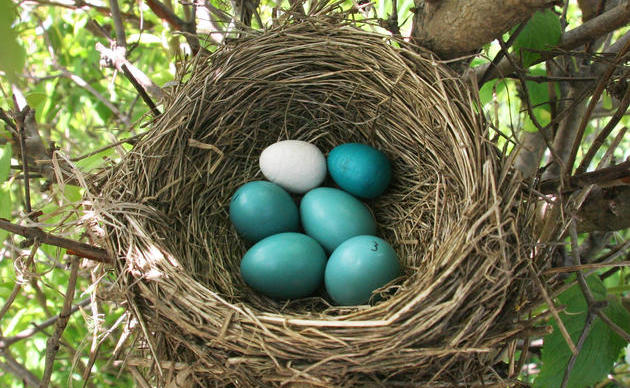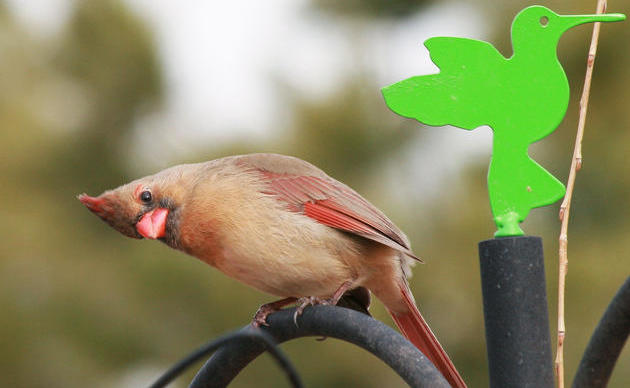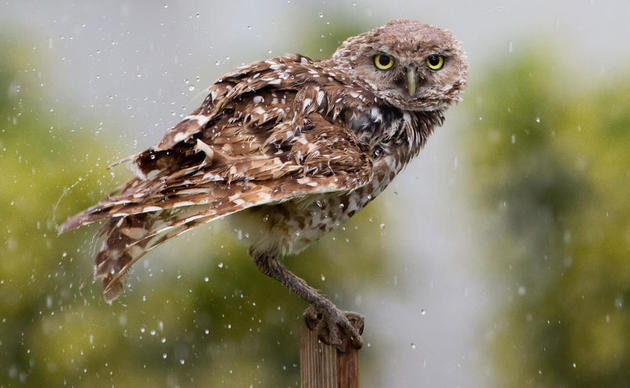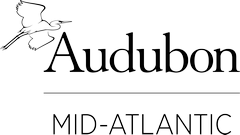by: Agung Putra
In May 2024, I joined a yearlong fellowship with Audubon Mid-Atlantic as the Delaware River Watershed Policy Fellow. The essential functions of the fellowship focused on two major components: outreach with diverse stakeholders, and extensive policy research. Throughout the course of the fellowship, I assisted in advancing Audubon Mid-Atlantic’s policy agenda through representing Audubon in various settings/forums and by contributing to state and federal legislative projects. The fellowship taught me plenty about the importance of the Delaware River Watershed and how policy is an important tool to ensure the watershed’s conservation.
The Delaware River Watershed includes the states of Pennsylvania, New York, New Jersey, and Delaware. The watershed provides clean water to 13.3 million people and serves as an economic engine for thousands in the region. It grosses more than $25 billion annually in economic activity, $21 billion annually in goods and services, and contributes to 600,000 jobs totaling $10 billion in annual wages. A healthy and thriving watershed creates robust economic activity that includes many industries such as forestry, agriculture, tourism, and outdoor recreational business. The challenges facing the Delaware River Watershed range from pollution, flooding, extreme weather patterns, and overfishing. It is important to note that these challenges vary from the upper to lower watershed.
The parameters of the fellowship were guided by the Flight Plan. The Flight Plan lays out Audubon’s guiding vision and mission for the entire organization across the hemisphere and includes metrics on how to achieve those goals. The pillars of the Flight Plan include habitat conservation, climate action, policy, and community building. The watershed and climate work that I engaged in will help Audubon meet met these goals. Examples include leveraging public investment to create an ecosystem that promotes healthy watersheds, meeting with coalition partners to develop advocacy strategy, and taking on climate action such as elevating appropriately sited renewable energy sources which are in the best interest for birds.
Environmental and conservation organizations like Audubon Mid-Atlantic are vital to preserving the watershed for generation to come because of the advocacy work these organizations engage in. Audubon Mid-Atlantic enjoys a broad, diverse membership in its networks that can engage in issues-based advocacy and actions to notify lawmakers on issues such as heathy and bird friendly forestry practice and renewable energy policy. Members also can participate in events hosted by Audubon such as bird outing, habitat plantings, and Birds & Brews, an event focused on informing local members on different policy impacting birds in the region coupled with tasty drinks supporting local businesses in the area. On some occasions, I would provide state and federal policy updates to our members. I attended numerous events on behalf of Audubon where I got to learn more about the local hands-on work people are doing for bird habitat, as well as the movement to influence various areas of policy like energy and conservation.
The daily tasks and operations of the fellowship varied weekly. Frequent tasks included drafting letters to government officials, crafting factsheets on upcoming Audubon priority legislation in Harrisburg, reviewing budget/appropriations requests, collaborating with different teams on legislative projects, and attending various events including representing Audubon Mid-Atlantic at regional watershed conferences. Notable events that I attended are Clean Water Education Day in Harrisburg, Coalition for the Delaware River Watershed Annual Forum in Bethlehem, and National Audubon’s Fly-In Day in Washington D.C. Representing Audubon Mid-Atlantic in numerous settings promotes visibility which helps advance the national Flight Plan and local watershed priorities. One tangible accomplishment I am proud of is initiating and maintaining a database that includes the information of Pennsylvania state elected officials representing the Delaware River Watershed. The database is current as it is updated after elections, and contains party affiliation, district number, and the counties that are represented in the district. Representing Audubon as well as constantly engaging on projects such as these is important for advocacy and influence in policy.
Fellowships are a great entry-level opportunity for individuals to gain insight into a specific industry. I was fortunate enough to be chosen as the first Delaware River Watershed Policy Fellow at Audubon Mid-Atlantic. It was interesting to see how this pilot fellowship can best align the mission of the National Audubon Society and its priorities, as well as, observing how Audubon Mid-Atlantic's local and regional work supports the larger hemispheric goals laid out the National Audubon Society’s Flight Plan. I learned plenty from this fellowship, and I look forward to using the skills and knowledge I gained and applying them to future career endeavors.
Audubon’s Delaware River Watershed Program Director Tapped to Shape Regional Watershed Plans and Climate Resiliency
With appointments to two regional commissions, Audubon aims to influence conservation and policy to protect the birds and people of the watershed.

